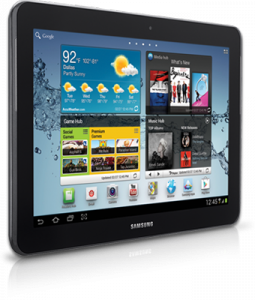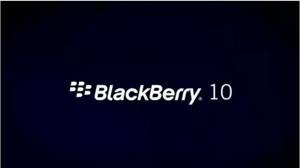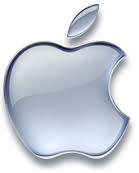Samsung is the leader in the tablet space- the non-Apple tablet space that is, and has expanded its offerings with the full size Galaxy Tab 2 10.1, a 10.-1 inch device that will naturally being comparisons to Apple’s iPad offerings.
However it seems that it is much more than just a competitor to Apple, it has to shone above the existing Android tablets and hold its own above the hope that will start coming from the Windows 8 tablet crowd.
The tablet uses the latest Android 4.0 operating system (Ice Cream Sandwich) is powered by 1GHz dual-core OMAP processor from Texas Instruments and has a 1280 x 800 display and has a 3.2 megapixel rear camera and a VGA front facing camera. An entry level model with 16GB of storage will have a $400 price tag.
It is doubtful that the big selling point for the tablet is going to be the hardware since it is pretty clos to what Samsung offered in its Galaxy Tab 10.1 but rather the full package which means lot of Samsung software and apps as well as the fact that it is $100 less than an iPad with the same storage at least a new iPad.
Among the software app that is included in the tablet are Peel smart remote, AllShare and Samsung Media Hub, and SoundAlive. In a review over at including Mashable the Peel app was rated pretty poorly, but there are a number of additional programs on the device as well.
Most sites that have reviewed the tablet give it at least a lukewarm approval rating, but I believe that Samsung should have shot for more. Its display is not as good as Apple’s nor is its camera. While it has a strong position in the Android space, it is about to face a huge wave of competition very soon.
PC World does a very nice job providing a roundup of what is expected throughout the summer, based on statements from the companies involved as well as rumors that seem to have some creditability. New or improved offerings from Apple, Google, Barnes & Noble and Amazon are all expected.
Then there will be the Windows 8 players sometime around the end of the summer. Hewlett-Packard has said it will be there as has Dell, although neither has said when. Then Microsoft’s new relationship with Barnes & Noble could bring that popular platform into the fold. Lenovo is making a major research and development effort n this area and could come in as an Android player, a Windows 8 or both with future offerings.
With this in front of it I am surprised that Samsung did not deliver a stronger offering although I suspect that this is a stopgap effort and that by the back to school season we may see yet another tablet from the company.










